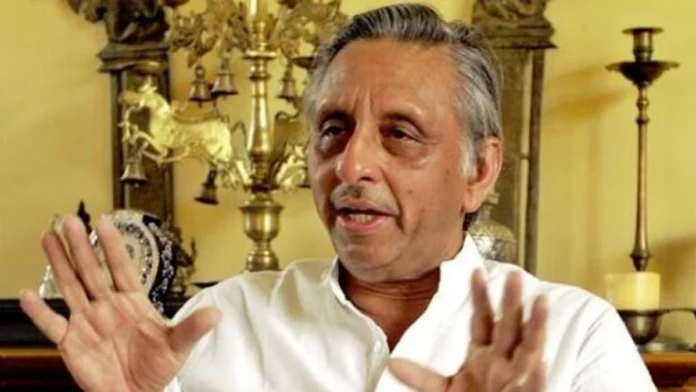In the realm of Indian politics, few names evoke as much curiosity and controversy as Mani Shankar Aiyar. A seasoned politician and former diplomat, Aiyar’s recent remarks about a potential Chinese invasion have once again thrust him into the spotlight, prompting a response from fellow Congress leader Jairam Ramesh. As the nation grapples with the implications of Aiyar’s statement, many are left wondering: who is Mani Shankar Aiyar, and what is the significance of his remarks?
Mani Shankar Aiyar’s political career spans several decades, marked by both notable achievements and moments of controversy. A member of the Indian National Congress, Aiyar has held various positions within the party and served as a Member of Parliament and a Union Minister in multiple Congress-led governments. He is known for his articulate speaking style, sharp wit, and unapologetic stance on issues ranging from foreign policy to social justice.
However, Aiyar’s propensity for making provocative statements has often landed him in hot water. His recent remarks about a potential Chinese invasion have reignited concerns about his diplomatic sensibilities and judgment. During a panel discussion, Aiyar reportedly suggested that China could “settle the dragging dispute” with India through military action, sparking condemnation from across the political spectrum.
In response to Aiyar’s remarks, fellow Congress leader Jairam Ramesh sought to distance the party from Aiyar’s comments, emphasizing that they did not reflect the official position of the Congress party. Ramesh reiterated the party’s commitment to upholding India’s territorial integrity and national security, stressing the need for responsible and measured discourse, especially on sensitive issues such as India-China relations.
The controversy surrounding Aiyar’s remarks underscores the complex dynamics at play in India’s foreign policy landscape, particularly in the context of its relationship with China. Tensions between India and China have simmered in recent years, fueled by territorial disputes along their shared border and geopolitical competition in the broader Indo-Pacific region. The specter of a potential military confrontation looms large, heightening anxieties and prompting policymakers to tread cautiously in their public statements.
Against this backdrop, Aiyar’s comments have been met with sharp criticism and condemnation from political opponents, who have accused him of undermining India’s national security interests and emboldening its adversaries. Some have called for Aiyar to be censured or disciplined by the Congress party, arguing that his remarks reflect a pattern of reckless behavior that is unbecoming of a senior political leader.
However, Aiyar’s defenders argue that his comments were taken out of context and misconstrued by political rivals eager to score points ahead of upcoming elections. They contend that Aiyar’s remarks were meant to highlight the urgency of addressing the underlying causes of the India-China dispute and exploring diplomatic avenues for resolution, rather than advocating for military action.
Regardless of one’s interpretation of Aiyar’s remarks, the incident has once again underscored the importance of responsible and informed discourse in shaping India’s foreign policy priorities. In a rapidly evolving geopolitical landscape, where the stakes are high and the margin for error is slim, political leaders must exercise caution and restraint in their public statements, lest they inadvertently escalate tensions and undermine India’s strategic interests.
As the dust settles on the controversy surrounding Mani Shankar Aiyar’s remarks, the focus now turns to the broader question of India’s foreign policy outlook and its approach to managing relations with China. With geopolitical rivalries intensifying and regional security challenges mounting, the need for sober, pragmatic leadership has never been greater. It is incumbent upon India’s political leadership to rise above partisan bickering and work together in the national interest to safeguard India’s sovereignty and security in an increasingly uncertain world.

